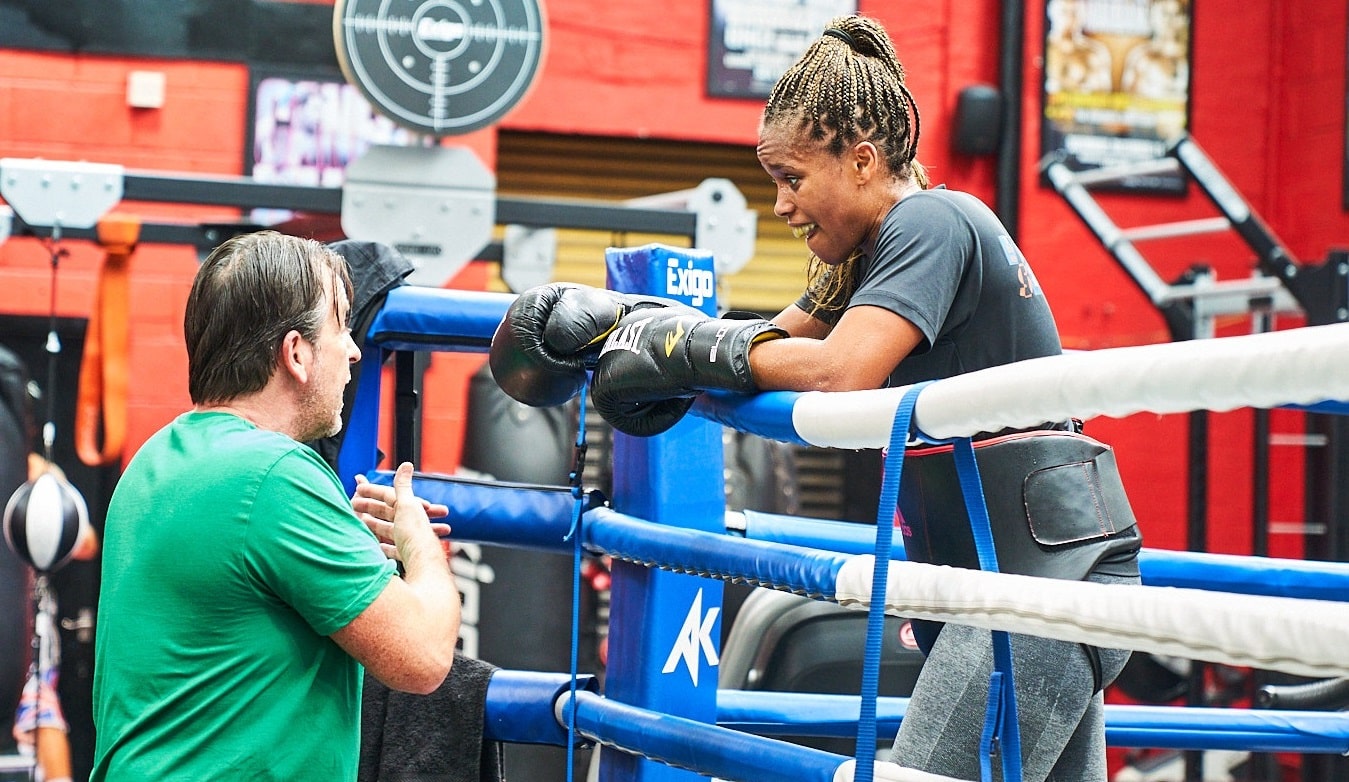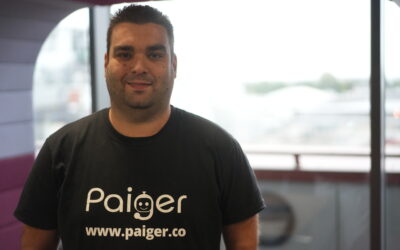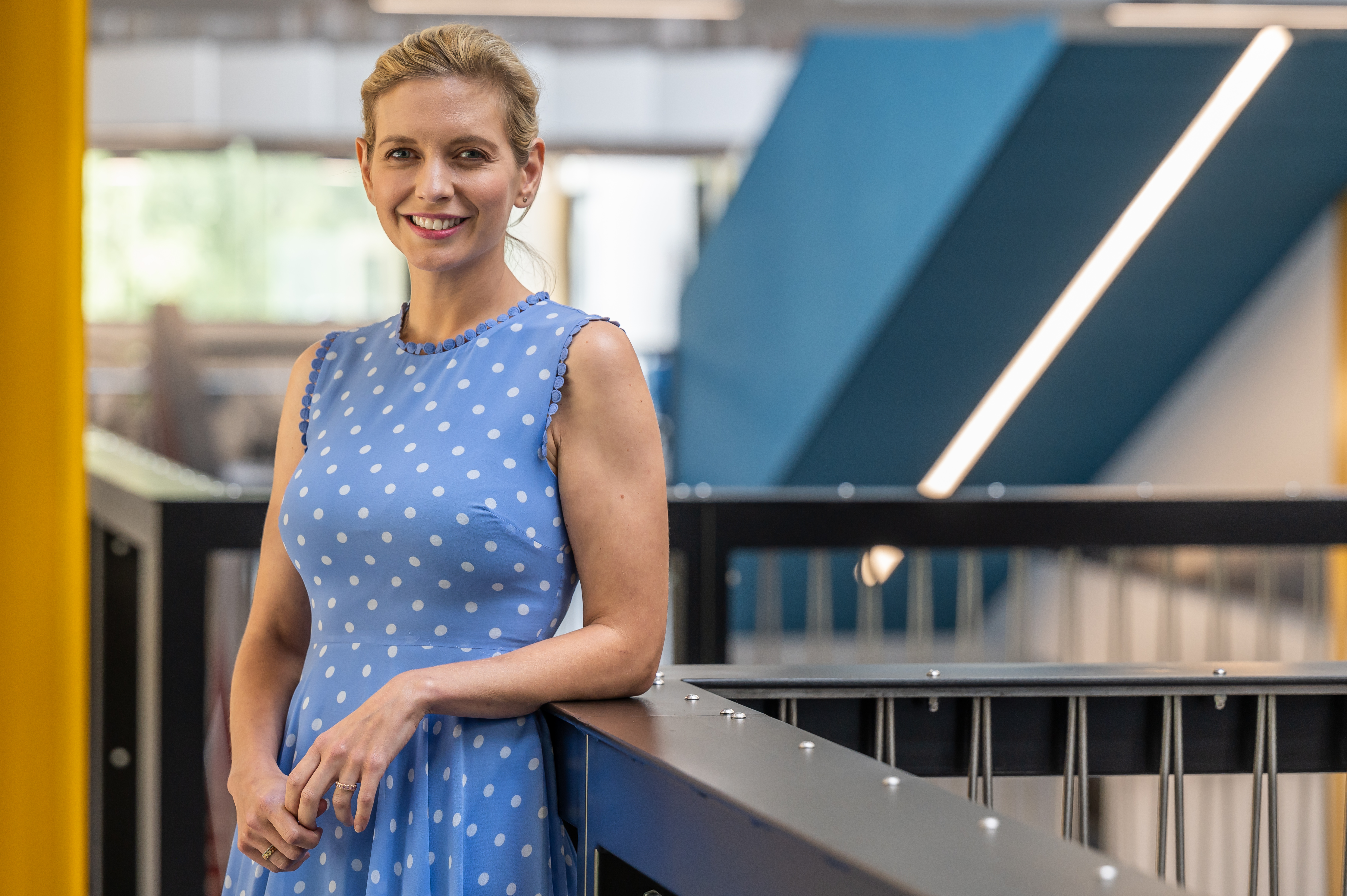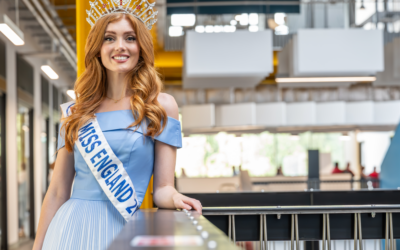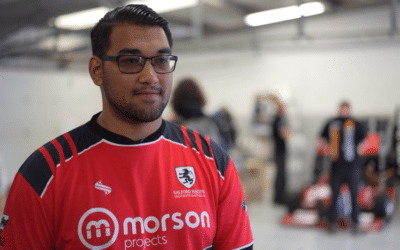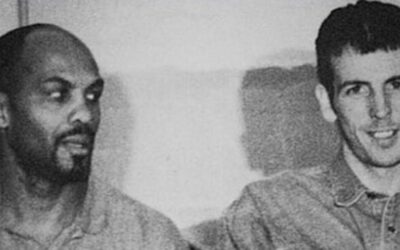Professional boxer Natasha Jonas has conquered everything the sport has thrown at her throughout her successful career. From humble beginnings in Toxteth, just outside of Liverpool, to becoming the first-ever female BBBoC Boxer of the Year in 2022, Tash Jonas navigated the challenges of an amateur career, enjoyed Olympic success, overcome a disappointing loss to Katie Taylor and managed it all while excelling at her most important job – being a mother.
Our in-depth interview with her comes at a time when she is riding high. Currently unified WBC, IBF and WBO female light-middleweight champion of the world, she also sits on a government boxing board and enjoys being a role model for women in sport.
She talks openly about many topics, from boxing and training to life on the quieter side of the ropes with her daughter, Mela. She discusses the many challenges she has faced along the way, from struggling to balance work with her Team GB career to managing her busy schedule. She also talks about overcoming self-doubt, what boxing has taught her about herself and much more.
In the early days of her amateur career, Tash had to balance a day job with the rigours of training camps and, eventually, international trips representing her country with Team GB. With the intense pressure of needing to deliver on the world stage, Tash needed to find work with an organisation that offered her the flexibility she needed:
“I was just working on the phones, mainly for banks and for internet companies, for Vodafone. And then I got on the England team. Now when you make it there, sometimes you need we’d be going away to Europe, the European championships or even the world championships. And we used to have a training camp the week before, so I’d be going to the gym before I started work, going after work and then it if comes to the big competitions we’d probably have a ten-day training camp, so then I’d need ten days off, plus the week of the tournament. And as anyone knows, it’s hard to get 20 days off work at a time for 2 to 3 tournaments a year. You’ve only got so many holidays and I’m like, well, you need to give me the holidays or I’ll have to leave. And they were like, well, you’re going to have to leave. So, I was in and out of jobs for a long time in England. And then the council did an initiative where if you were, an athlete heading towards that like Olympic star program, this was Liverpool City Council, they would sponsor you a job.
So then I got a job working in the call centre in Liverpool Direct and any time that I needed off for training I was allowed off. It wouldn’t always be paid, but you’d still be allowed the time off and you could return to your job. So that helped a helped massively because then I always knew I was coming back to a job. And then I got onto GB and then you’re a funded athlete, so that Monday to Thursday or Monday to Friday, sometimes you’re just living in Sheffield, you come home at the weekend and then go back there on the Monday.”
“Sport, and especially boxing, it’s just a skill that I’ve learned to be good at. But the life lessons that you learn from it, that I’m resilient, I’m hardworking, I’m determined, I’m motivated, I can speak to people on different levels, work along or as part of a group… if you ask a business leader what they would want their employee to be, they’d probably say those things! There are life skills that I’ve learned along the way, and sometimes they were skills that school couldn’t teach me.“
When you have a career like Natasha Jonas has, coupled with parenthood, you’re bound to be taught a lot of lessons. When asked if she thinks this has changed her, she said:
“I think everyone changes at different stages in life, like a metamorphosis into something else and certain things will bring out the best or the worse than people, but they’ll make you change and evolve into something else. And I think being a mom and the contract troubles that I had and just the ups and downs of general boxing in life always make you evolve into a different person. I think one of the biggest things about motherhood, you’re so focused on the results as an amateur in that Team GB set up because you were expected to get medals. A medal was your bare minimum and if I had a bad spar it would wreck my week. I’d go to a tournament and if I didn’t get a medal, I’d be panicking that I was going to get kicked off, thinking I need to do better. It would be pressure to the next tournament. As a mother, as soon as the door shuts to the gym and the door opens to the house, I’m just mum. That switch off really hopes mentally more than anything. My daughter doesn’t understand or care if I’ve had a bad spar, she just wants dinner to be done! She just needs you to be mum. Also, appreciating the moment more, the living in the now instead of beign axious about what’s coming or upset about what’s been. Living in the present.“

